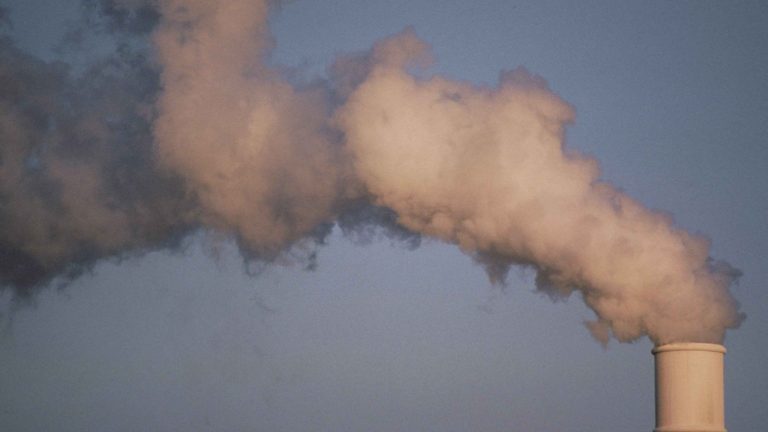Published on June 22, 2020

“You can’t let one segment of society become a sacrifice.”
Michael Méndez, an assistant professor at the University of California, Irvine, was on the phone talking about the protests sparked by the killing of George Floyd beneath a white police officer’s knee. But he was also talking about environmental justice and climate change. And he could just as easily have been talking about Covid-19, which has taken more than 100,000 American lives and, in the process, exposed gaping inequalities of wealth, access to healthcare and job safety.
Méndez has a new book called “Climate Change From The Streets” about the struggle of low-income and minority communities to have a voice in shaping environmental policy. It should be required reading for the most committed Green New Dealers and their opponents alike.
This fight for climate justice is already happening in one of America’s most iconic and charged settings: Watts, the Los Angeles neighborhood that made headlines half a century ago for another set of riots exploding out of systemic racism.
One analysis published a year ago by researchers from the University of Minnesota and the University of Washington compared Americans’ exposure to fine particulates versus how much pollution their consumption generates. It found non-Hispanic whites experience 17% less exposure to pollution, on average, than is caused by their own consumption. Conversely, African-Americans are exposed to 56% more than their consumption generates; the figure for the Hispanic population is 63% more. This is all of our environmental, health and — via that denominator of consumption — wealth disparity combined into a cloud of choking dust.
UW researchers involved in the study included Christopher Tessum, David Paolella, and Julian Marshall of Civil and Environmental Engineering.
Continue reading at Bloomberg.
Originally written by Liam Denning for Bloomberg.